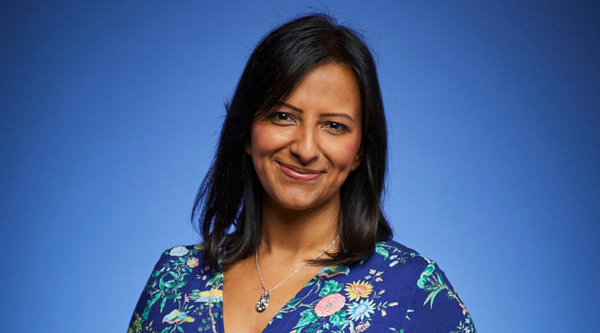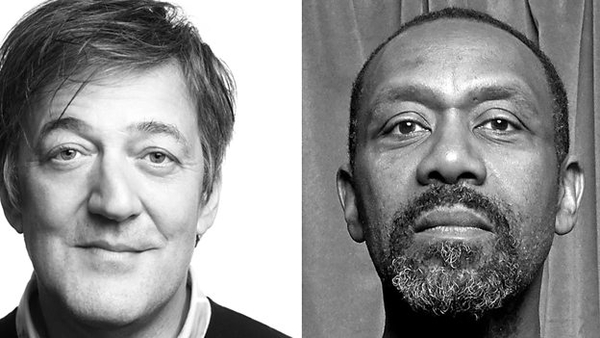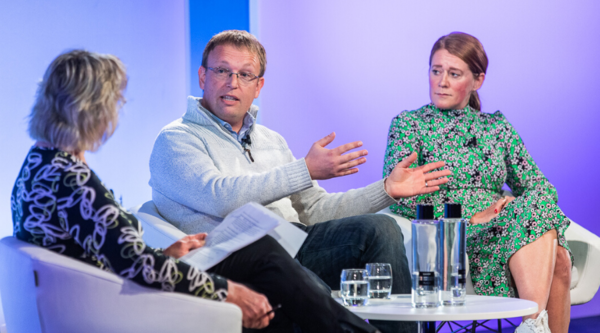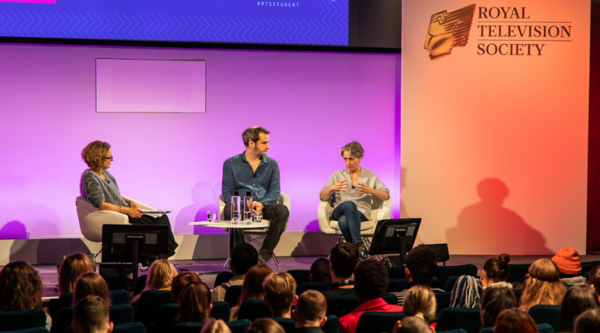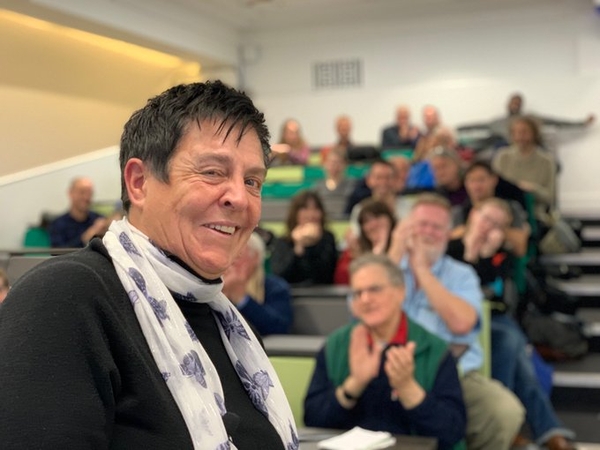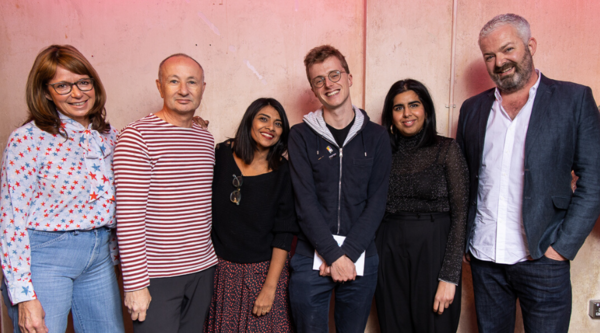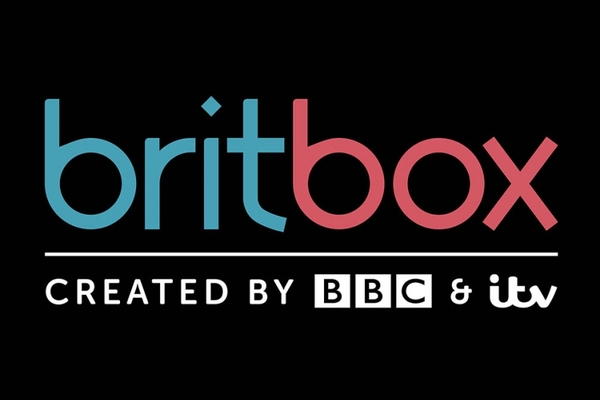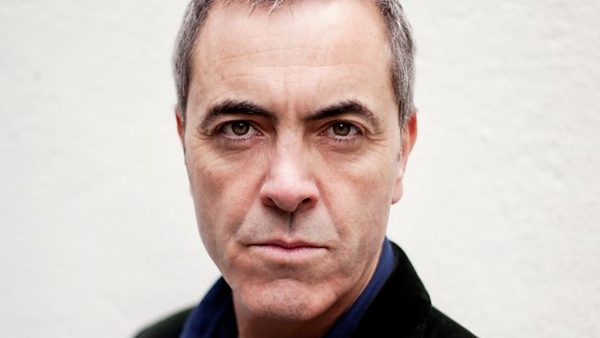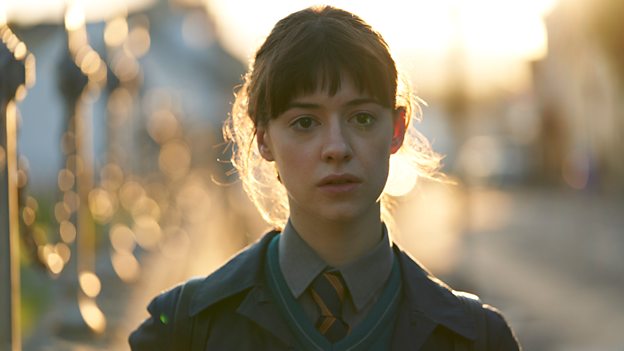Ranvir Singh’s TV diary
My alarm has been almost constantly set for 3:30am for seven years now. My body is so attuned to it that I almost always awake before it goes off. It’s now 3:03am on Monday morning and I’m staring at my phone, having just been happily dreaming about glaciers.

